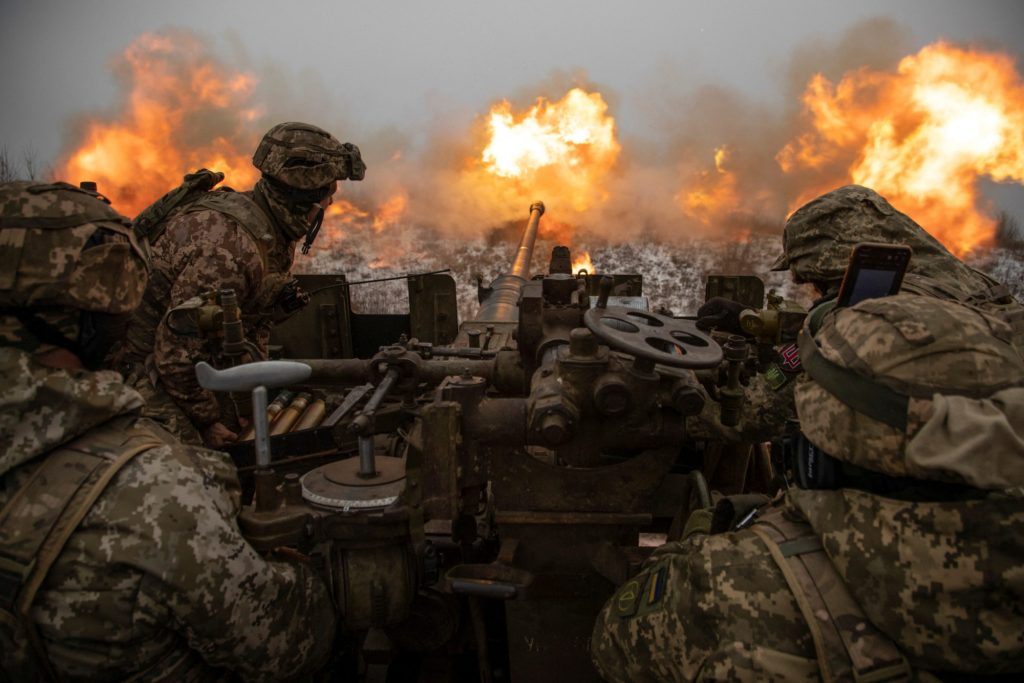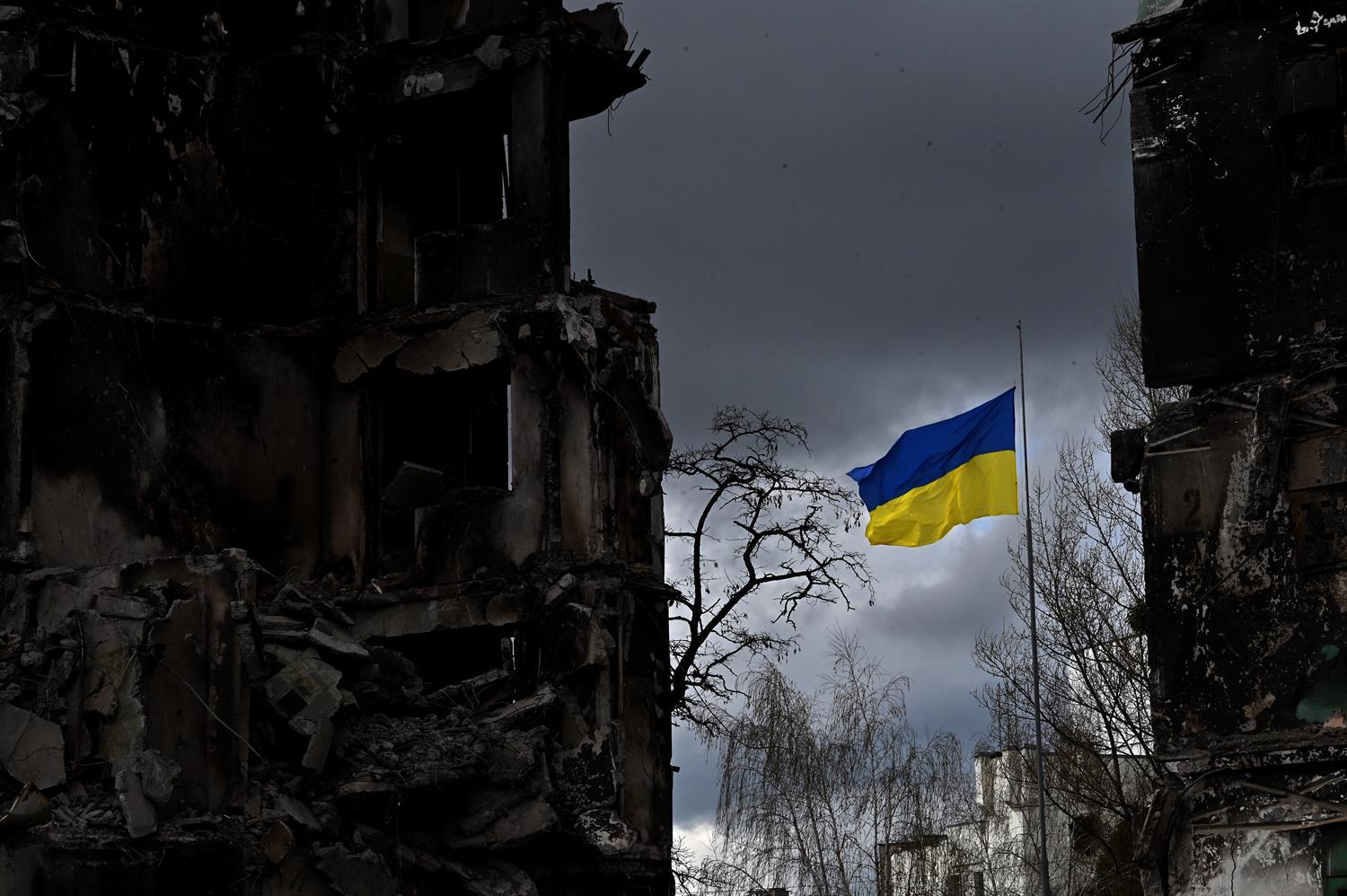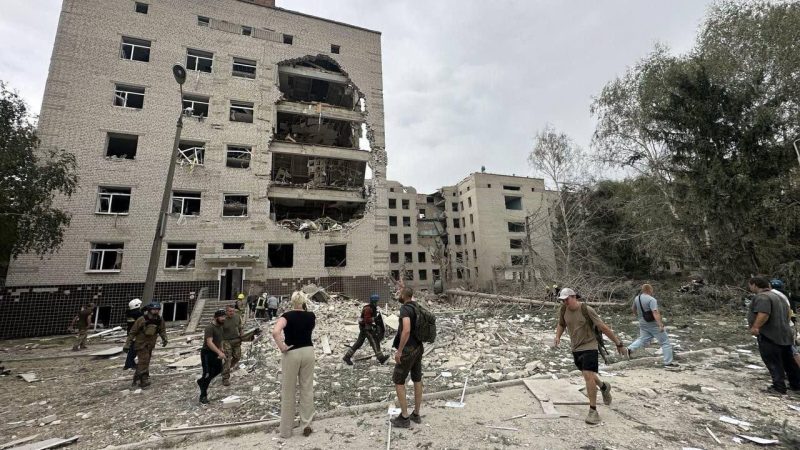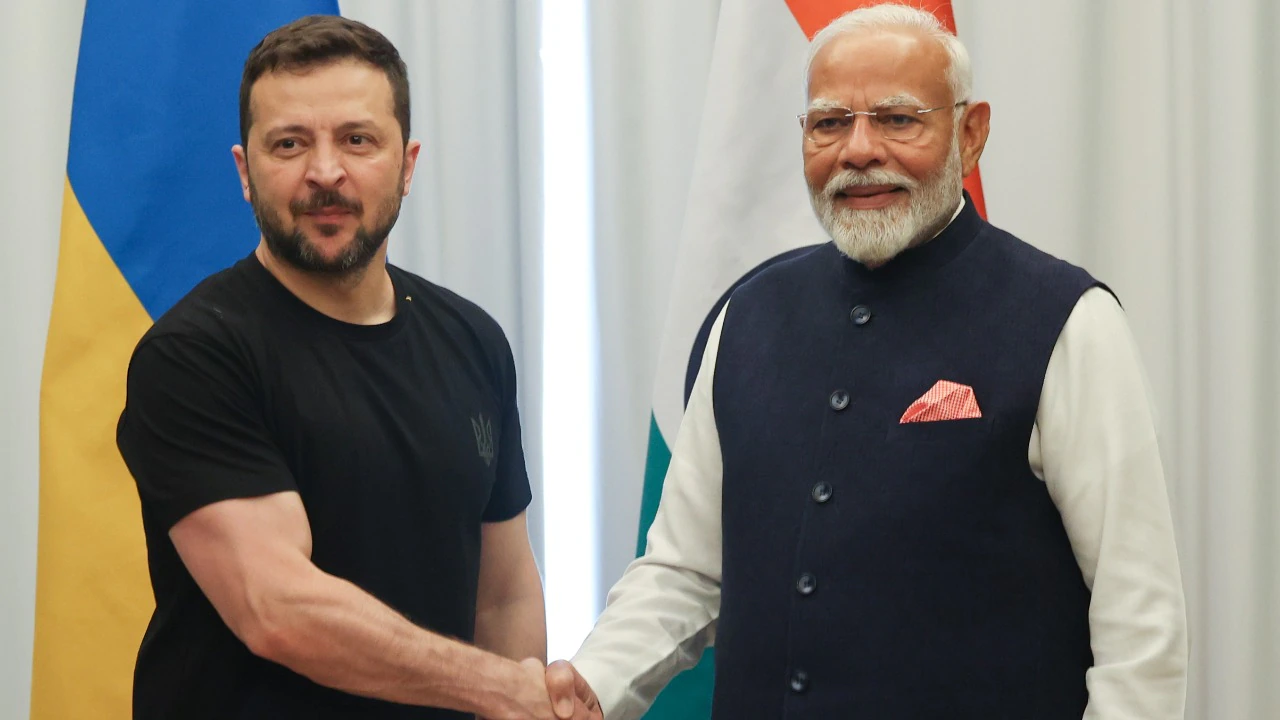On September 3, two Russian ballistic missiles struck the Poltava Institute of Military Communications and a nearby hospital, killing at least 51 people and injuring 206. Poltava, located in central Ukraine, is 189 miles from the capital city of Kyiv. Ukrainian President Volodymyr Zelensky condemned the strikes as an act of terror, stressing the need for Russia to be held accountable on the global stage. This attack highlights the growing urgency for Ukraine and its Western allies to reassess their strategy, weighing whether to continue with the costly, attrition-based military approach or to explore diplomatic avenues with possible territorial or political concessions to end the conflict.
 Credit: Atlantic Council - Ukrainian Soldiers Firing Weaponry
Credit: Atlantic Council - Ukrainian Soldiers Firing Weaponry
Attrition Based Warfare
Since Russia's "special military operation" began in February 2022, Ukraine has been forced to rely on attrition warfare due to the asymmetry in military power and the reluctance of its Western supporters to directly confront the world's second-largest nuclear power. This strategy includes targeting key supply lines and infrastructure to weaken Moscow's military capacity, with the aim of outlasting Russia's will to continue the war. While it offers the potential to force a Russian retreat and reclaim occupied territories without land or political concessions, the costs are high—both human and economic—as seen in the Poltava attack. Civilians remain vulnerable to further strikes, and Ukraine’s economy, heavily reliant on Western aid, risks collapse if the war drags on indefinitely. Sustained Western support is critical, but attrition risks locking Ukraine into a prolonged, unending conflict, further straining its people and infrastructure.
 Credit: European Policy Centre - Ukraine War Flag
Credit: European Policy Centre - Ukraine War Flag
Diplomatic Settlement
Pursuing diplomacy offers a quicker path to halting the bloodshed, saving lives and allowing Ukraine to begin reconstruction. However, any settlement may require Ukraine to make territorial or political concessions, which would be a blow to its sovereignty. Moreover, negotiations could embolden Russia and other authoritarian regimes, signaling that aggression yields results. As seen with the events leading up to World War II, appeasement does not work. Even with a peace agreement, Russia might use the opportunity to regroup and reinitiate hostilities later. Thus, diplomacy carries significant risks alongside its potential benefits, particularly the risk of offering Russia time to strengthen its position.
 Credit: Deeper Blue - Nord Stream Pipeline 2
Credit: Deeper Blue - Nord Stream Pipeline 2
International Response
For the U.S., the optimal strategy is a dual approach: maintain support of Ukraine's military while forcing conditions favorable for diplomatic negotiation. The U.S. and NATO need to supply air defense systems, precision weapons, and logistical aid to mitigate Russia’s offensive capabilities.
At the same time, economic pressure is essential. NATO allies in Europe must sever its reliance on Russian energy, such as through pipelines like Nord Stream, which have helped finance Russia’s military efforts. Choking Russia’s economy will reduce its ability to sustain the war. In addition, the U.S. and NATO should extend sanctions to countries that continue trading with Russia, especially China. While sanctioning China could strain global markets and U.S.-China trade, it would isolate Russia economically and pressure the Kremlin to reconsider its strategy.
The humanitarian impact of the Poltava missile strikes highlights the urgent need for a pathway to peace. Now is the time for decisive action — by intensifying sanctions on nations that engage in trade with Russia, enhancing defensive military support for Ukraine through weaponry and logistical assistance, and utilizing diplomacy to facilitate a mutually agreeable settlement, the U.S. can take the lead in efforts to resolve the conflict and foster stability in the region.
 Credit: Financial Times - Missile Destruction on Poltava Institute of Military Communications
Credit: Financial Times - Missile Destruction on Poltava Institute of Military Communications

